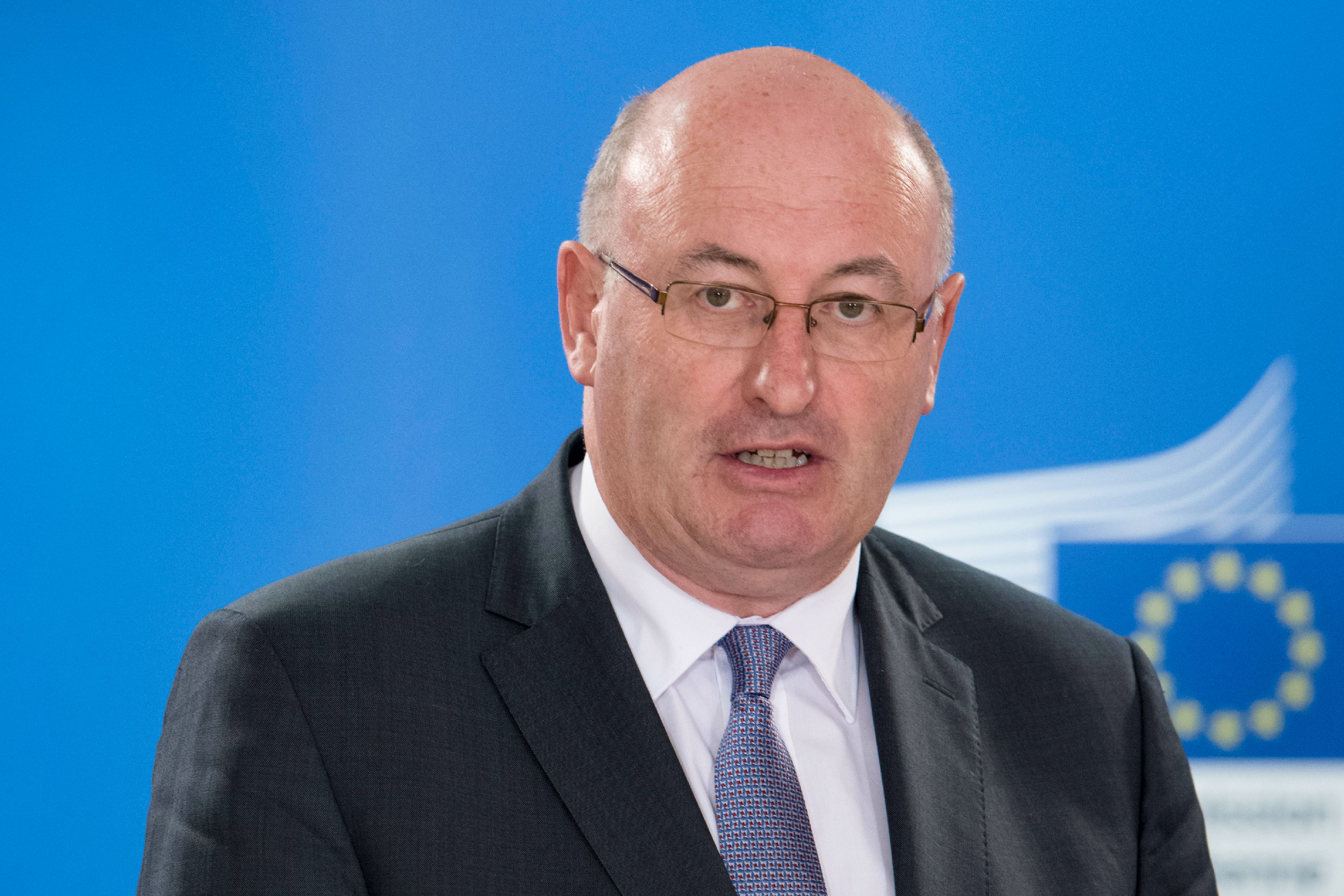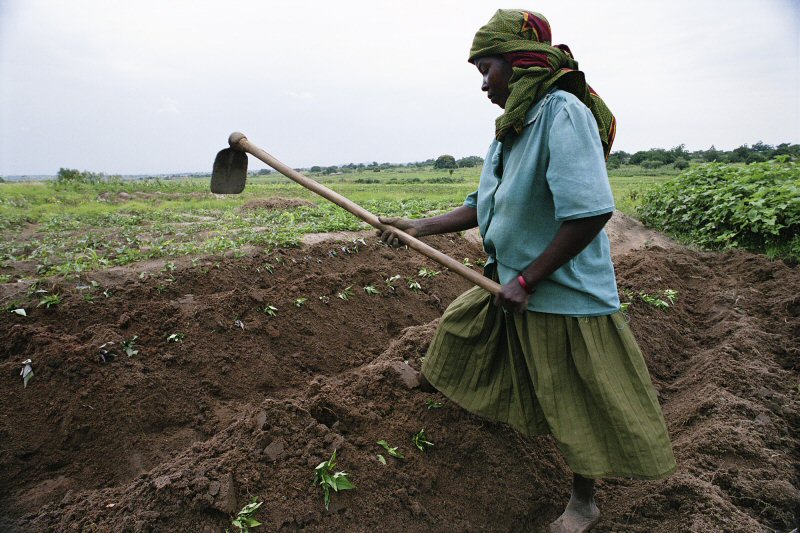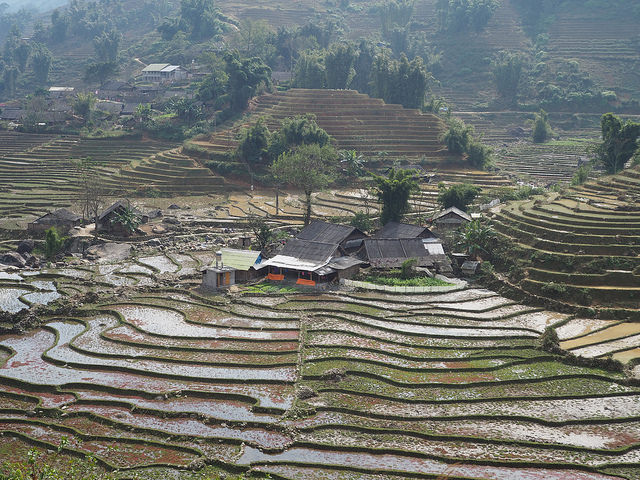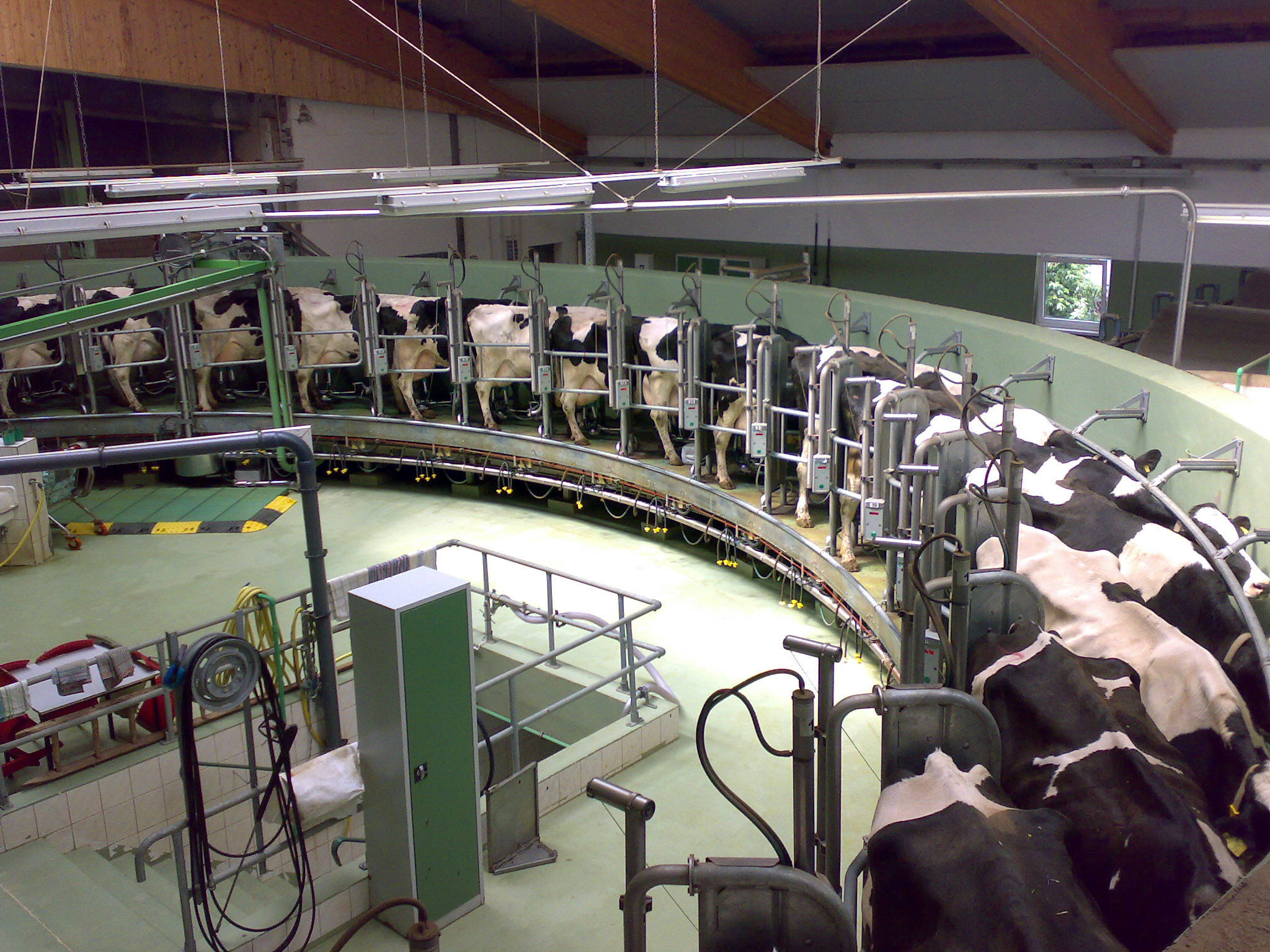Commissioner Hogan confirmed in his press conference folllowing the publication of the Commission’s proposal on the next Multi-annual Financial Framework that the Commission intends to introduce a cap of €60,000 on the maximum amount of direct payments any holding can receive in the next CAP legislative period. Commission President Juncker is reported as telling the Belgian Parliament earlier this week that “the European Commission will propose a €60,000 limit on individual direct payments to support small farm holdings instead of ‘agricultural factories’”. These statements are misleading and disingenuous, because they ignore what is likely to be the fine-print in the Commission proposal.… Read the rest
Commission assaults rural development spending to protect direct payments
Please note that the key chart in this post (the third chart, comparing the CAP ceiling in 2027 with that in 2020, has been updated using Commission figures in this post.
The Commission’s MFF proposal (including both ceilings for expenditure as well as ideas on how to finance the budget) was published yesterday. The Commission claims that the proposal includes reductions of roughly 5% in both the Common Agricultural Policy and Cohesion Policy programmes, as they have the largest financial envelopes. However, another way of looking at the numbers suggests that the cut is more like 15% overall in real terms over the period of the next MFF, but with a much bigger cut in Pillar 2 rural development expenditure of around 26%.… Read the rest
Is there a particular generational renewal problem in EU agriculture?
Six years ago, I wrote a post The greying of Europe’s farmers which reviewed the evidence on the ageing of farm operators up to that point in time (the latest data available referred to 2007). The data confirmed that Europe’s farmers were getting older. However, I questioned whether this was evidence of a growing policy problem. Instead, I suggested “that what we observe is a slow upward shift in the age distribution which can be explained by general social trends (longer schooling periods and longer longevity) rather than any specific worsening of the generational transfer problem in agriculture as such.”… Read the rest
The CAP and migration
One of the more unexpected sections in the Commission Communication The Future of Food and Farming published in November 2017 was the very final section on Migration. This begins “The future CAP must play a larger role in implementing the outcome of the Valetta (sic) Summit, addressing the root causes of migration.” This is, to my knowledge, the first time that an explicit link has been made between the CAP and migration pressures from countries outside the EU in a Commission publication. For example, in the most recent EU Policy Coherence for Development report from 2015, the section on agricultural policy makes no reference to migration.… Read the rest
Implications of Brexit for developing countries’ agri-food trade
Back to Brexit, I’m afraid, but I thought readers of this blog might be interested in a recent working paper I have written on this topic. Brexit (the UK’s exit from the European Union) will have important repercussions for the agri-food trade of developing countries because of the UK’s size (it is the sixth largest economy in the world) and its important role as an importer of agri-food products (it accounts for 12% of the EU’s imports from developing countries). These effects will occur through a variety of different channels.
Some of the key conclusions of the paper are:
• There will be higher trade costs for UK-EU27 trade.… Read the rest
Co-financing CAP Pillar 1 payments
After a couple of Brexit posts, it is time to return to the debate on the future of the CAP and its financing. Early last month, I wrote a post making the case for co-financing CAP Pillar 1 payments in the forthcoming MFF proposal from the Commission. I have since fine-tuned the arguments and the result has appeared as a policy brief published by the Swedish Institute for European Policy Studies.
From the summary:
… Read the restThe idea of national co-financing of the EU’s income support to farmers was introduced into the debate on the next Multi-Annual Financial Framework (MFF) in June 2017 in the Commission Reflection Paper on the Future of EU Finances.
The Brexit negotiations on the future trade relationship
On 23 March 2018, the European Council in its Art. 50 formation welcomed the agreement reached earlier last week by the negotiators on parts of the legal text of the Withdrawal Agreement covering citizens’ rights, the financial settlement, a number of other withdrawal issues and the transition. Prime Minister May wrote following that agreement to European Council President Donald Tusk giving her full support to the draft Agreement and highlighting, in particular, her support for efforts to solve the Ireland border issue. The European Council was therefore willing to set out its guidelines with a view to the opening of negotiations on the overall understanding of the framework for the future relationship, which will be elaborated in a political declaration accompanying and referred to in the Withdrawal Agreement.… Read the rest
Brexit Withdrawal Agreement forwarded to UK
The EU Commission yesterday forwarded a draft Withdrawal Agreement to the UK authorities for negotiation. This draft builds on the initial draft submitted by the Commission for approval by the Council (Art.50) and the Brexit Steering Group of the European Parliament on 28 February last. To accompany that initial text, the Commission published a helpful Q&A as a guide to the withdrawal process which still remains valid today. Press reports have highlighted that governments tweaked the initial text in some minor ways but retained the broad thrust of the document.
Negotiators are expected to work on the draft over the weekend and in Brussels on Monday and Tuesday next week.… Read the rest
Measuring changing farm structure in the EU
A particular type of farm structure is not an explicit policy objective of the EU’s Common Agricultural Policy (CAP). However, facilitating structural change is an objective of the CAP, set out in Article 39 of the Treaty on the Functioning of the European Union, as a way of ensuring a fair standard of living for the agricultural community and increasing the individual earnings of persons engaged in agriculture (the Treaty language speaks of “ensuring the rational development of agricultural production and the optimum utilisation of the factors of production, in particular labour”).
However, there is a widely-shared view that it is desirable to maintain the family farm model of European agriculture.… Read the rest
A Tale of Two Policy Documents: DEFRA vs. Commission Communication
The Commission published its Communication The future of food and farming in November 2017 following an extensive public consultation process. Legislative proposals accompanied by an impact assessment are expected at the end of May. At the same time, the UK is preparing for life after Brexit. To this end, the UK Department for the Environment, Food and Rural Affairs (DEFRA) published a Command Paper (consultation document) on February 27 seeking views on a future post-Brexit agricultural policy. The paper provides a clear direction of travel for UK, or at least, England’s future agricultural policy, and will result in a White Paper and legislation in the form of an Agricultural Bill later in this parliamentary session.… Read the rest






